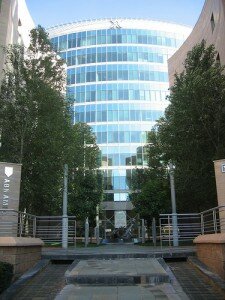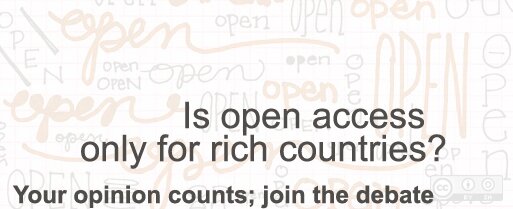Revolutionising the financial sector through collaboration
Tuesday, March 10, 2009 15:42
JSE by MauritsV on flickr.com, CC BY-SA 2.0
This month’s Wired magazine has a fantastic story about how concepts that are at the core of TACP’s vision – transparency coupled with collaboration, would make for a more responsible and accountable financial sector. In this article, Daniel Roth takes a retrospective look at how the demand for transparency that came about after the global economic crisis of 1929, has in fact become extreme to the point of murkiness. He writes the “volume of data obscures more than it reveals; financial reporting has become so transparent as to be invisible.”
The article continues:
“…We need to rethink our entire philosophy of regulation. Instead of assigning oversight responsibility to a finite group of bureaucrats, we should enable every investor to act as a citizen-regulator. We should tap into the massive parallel processing power of people around the world by giving everyone the tools to track, analyze, and publicize financial machinations. The result would be a wave of decentralized innovation that can keep pace with Wall Street and allow the market to regulate itself—naturally punishing companies and investments that don’t measure up—more efficiently than the regulators ever could.
The revolution will be powered by data, which should be unshackled from the pages of regulatory filings and made more flexible and useful. We must require public companies and all financial firms to report more granular data online—and in real time, not just quarterly—uniformly tagged and exportable into any spreadsheet, database, widget, or Web page. The era of sunlight has to give way to the era of pixelization; only when we give everyone the tools to see each point of data will the picture become clear.
This is a radical idea for the financial sector but not for the digital citizens who have been working in this space for a long time – we know that many heads are better than one or even two, and that by sharing information we nurture knowledge and foster creativity.
Reading this story was incredibly heartening because it shows how the concept of openness can be applied to all areas of life – not just in education, the media and the arts, where it has been most successful thus far, but to parts of society we never typically have thought would be compatible – finance (I’m imagining a massive financial Wikipedia coined Finpedia?), but what about other facets of public life such as government (this recent article on Wired.com discusses President Obama’s new focus on opening up access to government data). These revolutionary concepts show how where there is a public stake, when so much hinges on the whole being greater than the some of its parts, it only makes sense to call for collaboration. Because when that information is freed into the public domain, you open it up to millions of minds, one of who might have a different take on the same data – asking new questions, searching for commonalities across seemingly disparate groups of information. The possibilities are endless, the outcomes almost certainly always innovative and for the public good.

